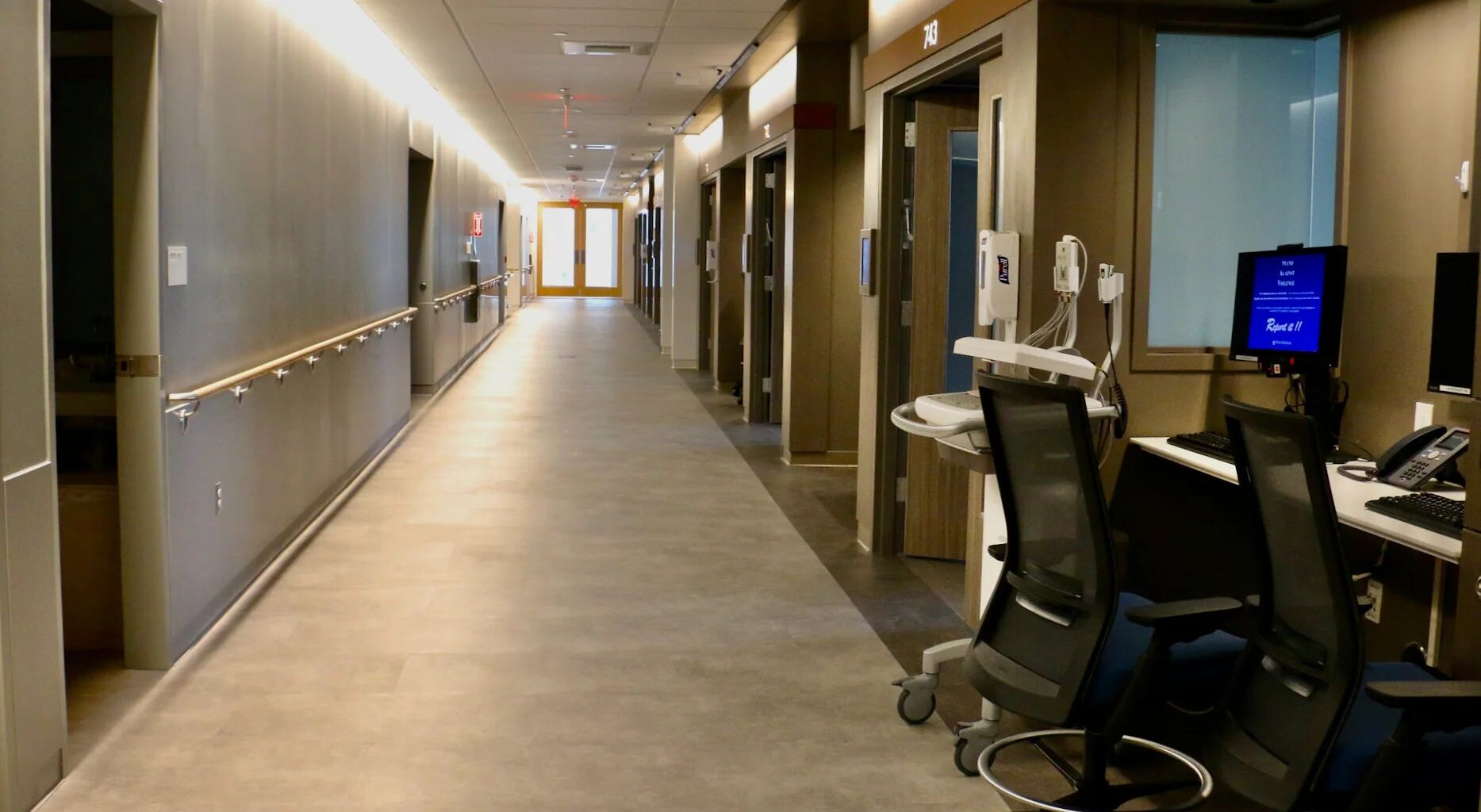When the system falls short
For some Delaware residents, the cracks in the health care system aren’t just data points, they’re personal.
Ziulin Moreno, a 57-year-old Georgetown resident, said she has faced repeated challenges accessing care. Despite living near clinics like La Red Health Center, long wait times and limited provider availability have left her without timely treatment — even during emergencies.
“Bueno, fíjate que yo soy diabética. Entonces, yo vine y quise registrarme en La Red, orque es lo que tengo más cerca. Entonces, resulta que no pude registrarme porque la cita para que me pudieran ver por primera vez y todo aquello, me la dieron para enero”, ella dijo.
“Well, you see, I’m diabetic. So, I came and wanted to register at La Red, because it’s the closest place to me. So, it turns out I couldn’t register because the appointment for them to see me for the first time and everything was scheduled for January,” she said.
That monthslong wait left her vulnerable — and alone in critical moments.
“Yo tuve una emergencia médica y no pude conseguir que me atendieran. Inclusive tuve una emergencia también odontológica y tuve que buscar la manera de llegarle a alguien de las del directorio para que me pudieran atender la emergencia. Porque no había posibilidad. No había médicos y los pocos médicos tienen las agendas ocupadas”, dijo Moreno.
“I had a medical emergency and couldn’t get treatment. I even had a dental emergency, and I had to find a way to reach someone on the board so they could treat me. Because there wasn’t any way. There were no doctors, and the few doctors had full schedules,” Moreno said.
Her experience is common in southern Delaware, where a shortage of bilingual, culturally competent providers compounds existing care access issues.
“Necesitamos más consultas …, porque la gente va a pedir una consulta y se la dan para dentro de tres o cuatro meses. Eso no está bien … Porque las personas necesitan la atención médica preventiva a tiempo, no después”, ella dijo.
“We need more appointments … because people are going to ask for an appointment and they’re given one three or four months away. That’s not right … Because people need preventive medical care on time, not after the fact,” she said.

